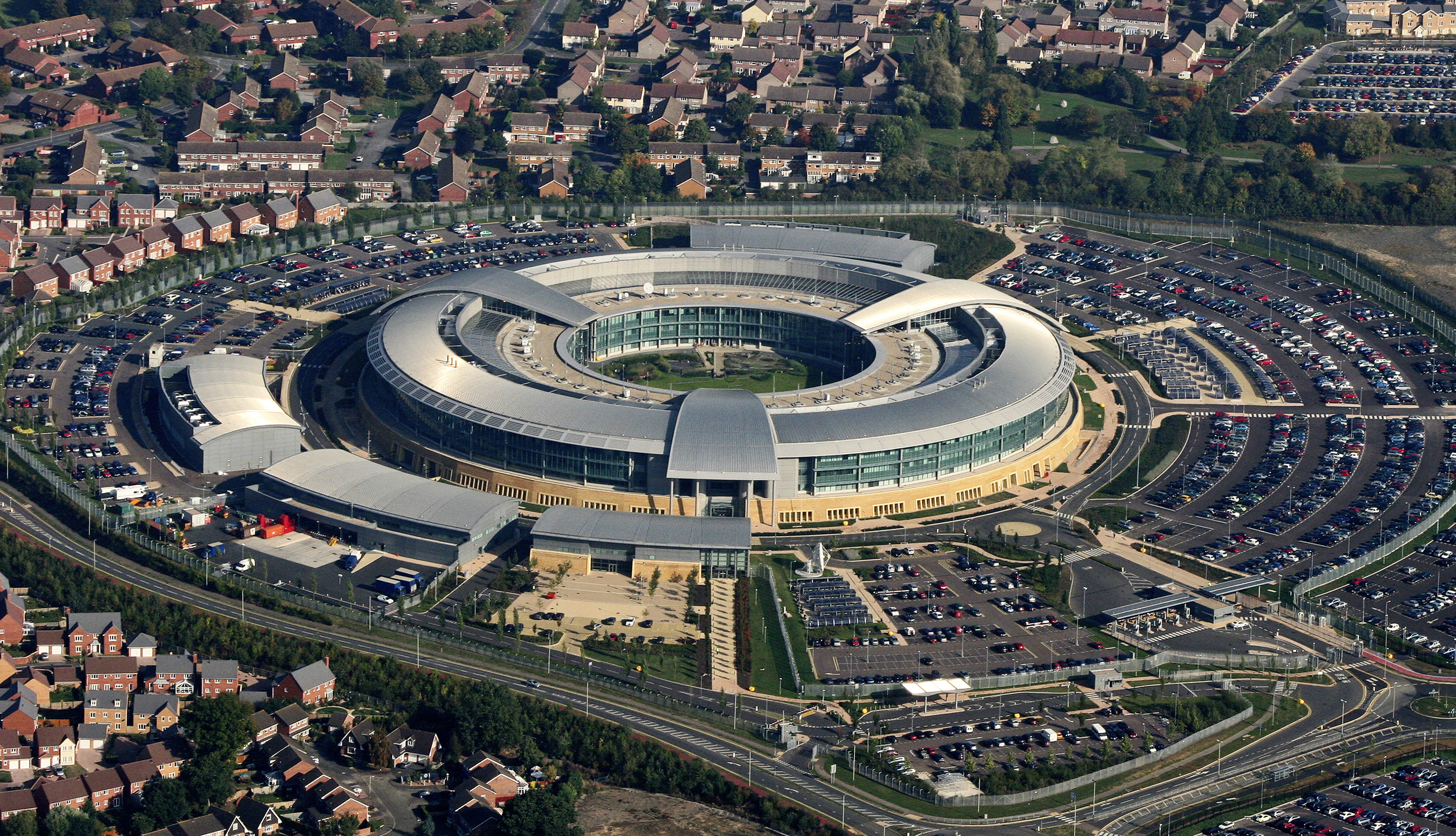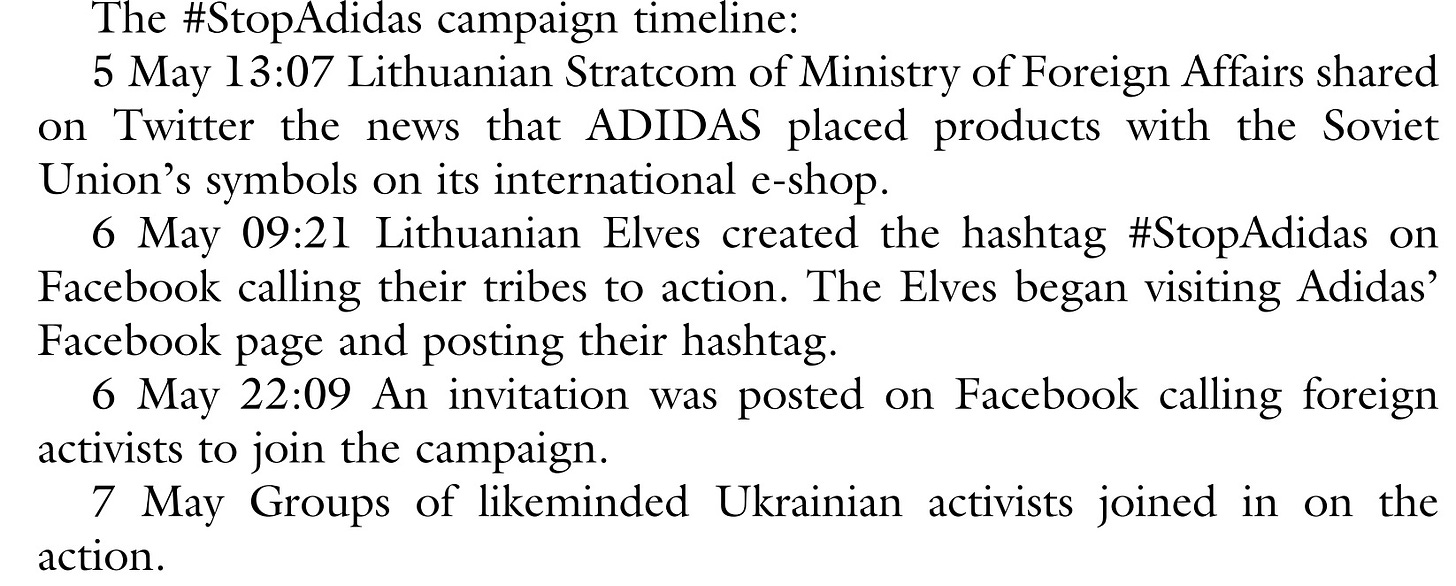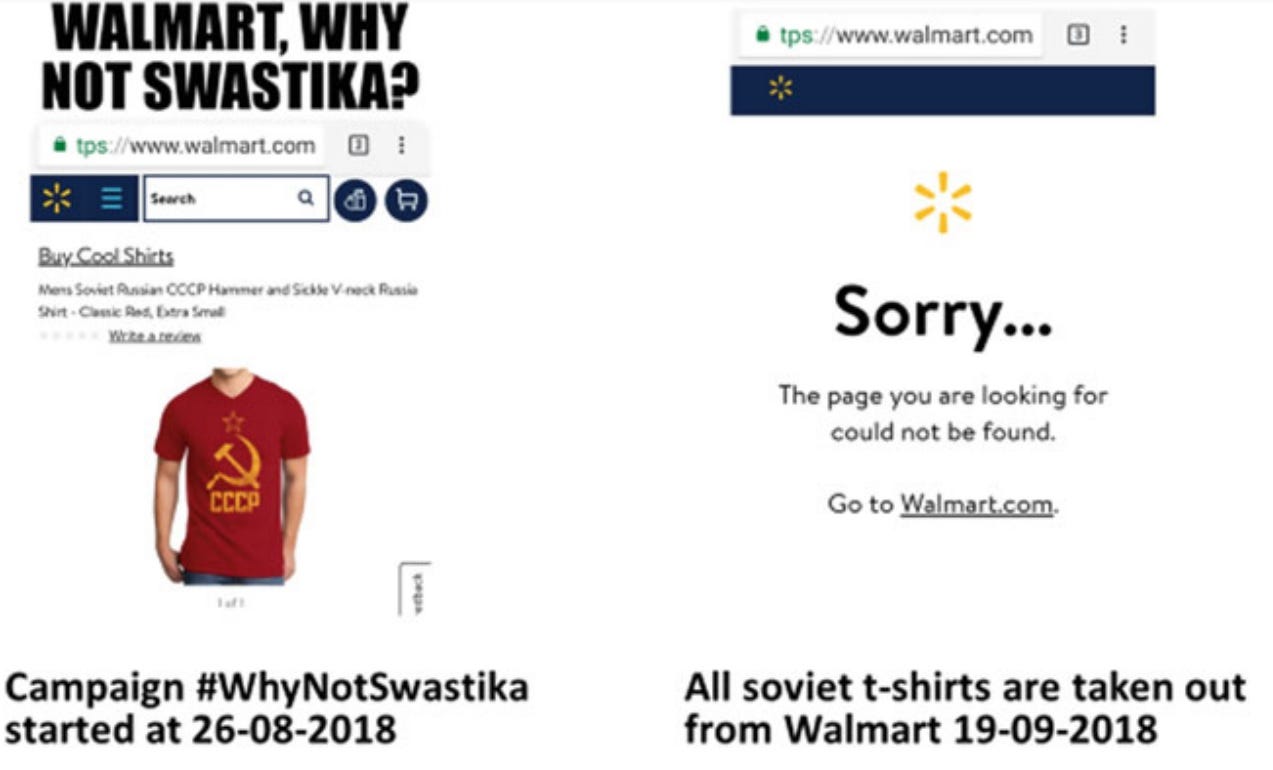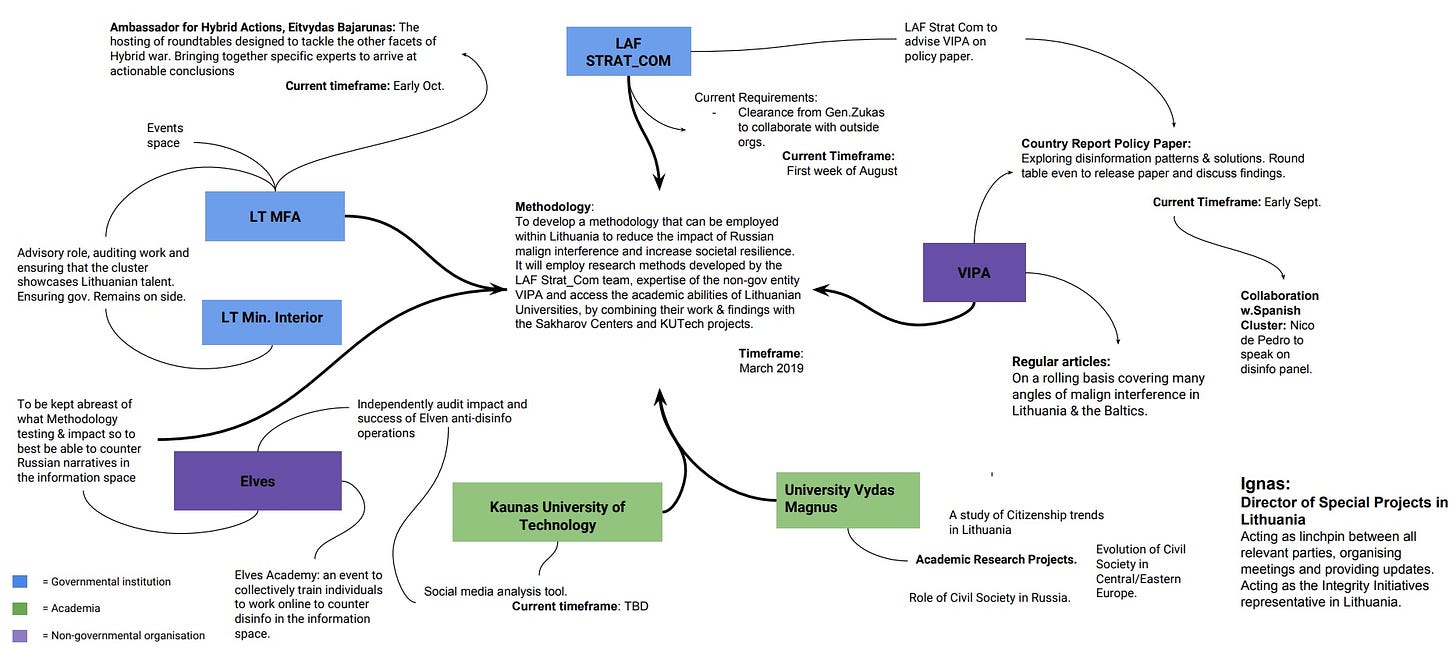Kit Klarenberg
 Since the conflict in Ukraine began, numerous commentators have drawn attention to the blatant weaponization of social media in service of the proxy war.
Since the conflict in Ukraine began, numerous commentators have drawn attention to the blatant weaponization of social media in service of the proxy war.
Legions of users on Facebook, Twitter, and other major platforms, many anonymous and recently registered, have relentlessly propounded pro-intervention, pro-Ukraine propaganda, viciously attacking all those deviating even slightly from established Western narratives. It has created an unprecedented situation, which writer Caitlin Johnstone calls “the most aggressively trolled war of all time.”
Of course, this hostile informational milieu didn’t abruptly emerge when Russia intervened in Ukraine on February 24th. For many years, public spaces online have been subject to an ever-intensifying blitzkrieg both by dedicated state-run bot and troll networks, and apparently grassroots initiatives. In respect of the latter, the one that started it all was the Lithuanian Elves, back in 2015.
An ostensibly informal collective of concerned citizens banding together to rebut Russian “fake news”, its activists have been praised effusively in the mainstream for their troll-busting prowess, and repeatedly held up as a paragon Western states must follow in order to effectively battle purported “disinformation”.
Unsurprisingly though, none of the countless glowing media profiles of the movement published to date have recognized that the movement has all along benefited from the sponsorship and promotion of British intelligence.
Covert operatives in London immediaely seized upon the Elves concept, then exported its model globally, in the process constructing a clandestine network of operatives to sway debate, influence policy, and distort perceptions the world over.
‘21st century resistance fighters’
References to this spectral background are, perhaps predictably, absent from an official biography of the Elves, provided in a chapter contributed to an academic handbook on “Disinformation and Fake News” by Giedrius Sakalauskas, one of the movement’s founders. Nonetheless, revealing – if romantic – insight into the group’s modus operandi is forthcoming.
There are; “debunkers” seeking to identify and expose “hostile propaganda”; “troll killers” mass reporting perceived malign actors and bot accounts to social media platforms, so they’re deplatformed; “motivators” spreading “positive news” about Lithuania, the EU and NATO “in order to make people proud of their own country”; and operatives “fighting trolls and their information using humor, irony, and sarcasm as a weapon.”
Oddly, Sakalauskas contradicts himself on the number of people involved, first stating “it is not easy to calculate how many Elves we have today, as there are different tribes,” but later on asserting Lithuania’s Elf chapter alone comprises “over 4,000 activists who participate as needed.”
They are mobilized via groups on social media and chat platforms, some of which are labeled “secret”. Elves “do not know each other’s real names or meet up in person; more often than not, they remain anonymous, in order to avoid being identified by the other side. But when we have a target, we are together [emphasis added].”
Sakalauskas goes on to describe a series of orchestrated actions by the Elves, in the process admitting their activities are anything but reactive – indeed, they avowedly subscribe to the philosophy that “the best defense is offence.”
For example, a number of Elves mounted a campaign against Russian state-owned outlet Sputnik, relentlessly spamming its Facebook page with negative comments and memes, and decreasing its ‘rating’ from 4.3 to 2.6 out of five in just six days.

Then, in the lead up to the 2018 FIFA World Cup, the Elves targeted Adidas after the international sportswear giant produced a range of t-shirts bearing the Soviet hammer and sickle, prompting a deluge of negative media coverage the world over. In just two days, the company bowed to the harassment and withdrew offending products from sale. Markedly, Sakalauskas states that a “group of likeminded Ukrainian activists joined in on the action.”
The Elves repeated the effort later that year, this time targeting Walmart for its own assortment of Communist-themed garments, and once again emerging victorious in short order. A core component of both campaigns was sarcastically suggesting the target companies create dedicated lines of totalitarian-themed attire – a meme bearing the inscription “Walmart, why not swastika?” was widely circulated, as were corresponding hashtags on Twitter.

These efforts are rather chilling, given for many years Vilnius has keenly embraced and perpetuated the dangerous, duplicitous myth of “double genocide” – namely, that Nazi liquidation of Lithuania’s population, in particular its Jews, during World War II is absolutely equal to political repression practiced during subsequent decades of Soviet occupation.
In 2010, the UK ambassador to Vilnius was lead author of a joint diplomatic letter expressing grave concerns about this push – he was forced out of the post not long after. That same year, Vilnius passed legislation significantly restricting public discourse about the Holocaust, and apportioning blame for mass slaughter of Jews exclusively to the Nazis. In reality, Lithuanians began carrying out this genocide before Axis forces had even reached the country.
Once they arrived, many citizens were actively complicit in large-scale pogroms, resulting in 90 percent of Lithuania’s estimated 250,000-strong Jewish population being exterminated. In all, more Jews were killed, in both percentage terms and total number, than in the far larger and more populous Germany.
A core component of this Holocaust revisionism is deification of the Forest Brothers, a band of anti-Soviet resistance fighters who for over a decade following World War II fought an ill-fated insurgency against Communist authorities across the Baltics. It is an established historical fact that overwhelmingly, these individuals were former Waffen SS collaborators and/or had been part of ‘stay-behind’ battalions created by Nazis as they prepared to evacuate the region, in advance of the Red Army’s arrival.
Yet, Lithuania – along with neighboring Estonia and Latvia – is committed to whitewashing the Brothers’ true nature, instead presenting them as courageous freedom fighters. Disturbingly, this bunkum has now been overwhelmingly accepted by Western governments and power structures, despite the vast readily available evidence to the contrary.
For example, the EU’s official position is that any suggestion the Brothers were “Nazi collaborators, criminals and terrorists” is Russian “disinformation”. Even more shockingly, in 2017 NATO released a slick film reinforcing this grossly distorted reading of history.
There are good reasons to believe production of that sordid propaganda, and in turn Western endorsement of “double genocide”, was heavily influenced by the Elves – with, as we shall soon see, the assistance of British intelligence.
Tantalizingly, Sakalauskas rounds out his chapter by revealing that the Lithuanian military’s Stratcom – information warfare – division serendipitously “noticed the Elves and was impressed.” As he tells it, the Elves’ exploits were then publicized at a 2015 NATO summit in Latvia, with resultant conference discussions about the movement unexpectedly “leaked” to media outlets across the Baltic states.
“It was a big shock that the world’s largest military alliance had discovered the Elves,” Sakalauskas excitedly records. “The coverage gave the Elves a chance to promote themselves in the public sphere and spread the message about [the] Elves movement internationally.”
‘Sponsoring a network of Elves’
The proposition that Lithuania’s Armed Forces just so happened to fortuitously stumble upon the Elves is difficult enough to accept on its own terms, but is rendered especially implausible given the contents of leaked files documenting the internal workings of Integrity Initiative, a covert Foreign Office intelligence operation.
These papers show that in 2015, at the same time as the Elves were being touted by NATO, the Initiative forged a “close link” with the Lithuanian Armed Forces Stratcom division. Several passages dotted across the trove strongly suggest there is little meaningful distinction between this unit and the Elves.

For example, the Initiative initiated a direct line between the Stratcom team and British Army online psyops battalion 77th Brigade, which resulted in the Brigade “adopting Lithuanian techniques.” In turn, the organization received sizable sums from the Lithuanian Ministry of Defense to arrange monthly trips abroad for its Stratcom staff, so further internet armies explicitly based on the Elves model could be taught in “infowar techniques” practiced by the group.
“Lithuania has become particularly important in our network due to its expertise in dealing with Russian malign influence and disinformation,” one document states. “We are sponsoring a network of ‘Elves’, set up to counter Russian trolls.”
The Foreign Office funded the construction of this “network”, which Integrity Initiative delivered by establishing an “Elves academy”, where scores of participants from all over the EU were routinely whisked to Vilnius for four-day workshops, and received “practical lessons and training” in the fine art of trolling. Participants subsequently received in-country follow up visits from “Elves instructors”, to ensure their local networks “[developed] effectively.”

“The Elves provide necessary knowledge for the development and implementation of an effective civic response,” an Initiative document declares. “Civic activists and volunteers [become] actively engaged in cyber resistance and digital resilience.”
By early 2018, the Dutch, Norwegian and Spanish defense ministries had also received direct training from the Elves and 77th Brigade, resultantly creating corresponding “units within their own ranks.”
Comparable divisions will have inevitably been created elsewhere in the years since. The organization had grand plans to circulate these and other meddling methods to the US, and a separate chapter in the aforementioned Disinformation and Fake News handbook moreover indicates former British colony Singapore has taken lessons from the Elves in tackling online “disinformation”.
There are clear indications too that Integrity Initiative was involved in the production of NATO’s Forest Brothers promotional clip. One file notes the organization is in receipt of “funding from NATO HQ for educational video films,” and been provided a camera team free of charge by the military alliance for the purpose, at precisely the time the clip was published. Two years later, it published an essay criticizing “Kremlin disinformation” regarding the Brothers on its now-defunct website.

‘Intentionally false and defamatory’
In his handbook chapter, Sakalauskas incongruously concedes the risk of his Elves movement being “hijacked” by “local extremist groups” would “always exist”, although dismissed the prospect’s significance on the bizarre basis that new recruits “having [their] heart in the right place” would be “enough” to ensure the project wasn’t malignly infiltrated.
A cynic might query whether extremism was hardwired into the Elves and their foreign counterparts from the very beginning. A leaked Foreign Office-commissioned assessment accuses the group of “fomenting anti-Russian prejudice and spreading falsehoods.” The same appraisal was even more scathing of Propastop, a similar endeavor funded by the Estonian Ministry of Defense, which has likewise been endorsed by the EU, NATO, Western think tanks, and the media, and is often characterized as a regional ‘sister’ of the Elves.

Propastop was said to be linked to “neo-fascist groups” and have incited violence against Estonia’s Russophone minority – “its reporting is widely considered to lack credibility and they have published a number of intentionally false and defamatory articles about Russian media outlets.” Eerily, Propastop content rebutting claims of discrimination against Estonia’s Russian-speaking population has been widely shared on social media since the war in Ukraine began.

Furthermore, Integrity Initiative “linked directly” Lithuania’s Stratcom team – and thus inevitably the Elves – with Kiev’s StopFake, “to exchange practical experience.” The Kiev-based organization has received sizable US and UK government funding, and serves as one of Facebook’s dedicated in-country factcheckers for Ukraine, despite its lengthy history of whitewashing neo-Nazism, and cohering ties to white supremacist elements.
StopFake is far from the only entity determined to sanitize Kiev’s open, state-level embrace of fascism. Numerous Western media outlets have declared this demonstrable reality fake news, while legions of web activists stand ever-poised to malign anyone and everyone daring to acknowledge the truth – the most prominent and belligerent example of this phenomenon being NAFO – the self-styled “North Atlantic Fellas Organisation”.
A vast online nexus identifiable by “doge” profile photos, they independently and in coordination counter “disinformation” about NATO and Ukraine – and its alleged disseminators, who are derisively labeled “vatniks” – with an inexorable blend of absurdity, ad hominem, memes, and ridicule, all while raising money for Kiev.
NAFO has claimed responsibility for chasing a Russian diplomat offline, and endlessly mass reporting accounts and tweets until offending users are temporarily or permanently suspended. Such trolling also has a real-world component.
On August 4th, Amnesty International published a report on Kiev endangering its population by basing forces and weaponry in residential areas, including schools and hospitals, which constitutes a war crime. Three days later, CBS broadcast a program revealing only 30 percent of Western arm shipments to Ukraine reach the frontline. NAFO took a lead role in harassing the two organizations subsequently, and corralling bulk submissions of complaints to official bodies over their output.
What impact these coordinated actions may have had in isolation is difficult to quantify – they were just one component of a much wider on and offline backlash against Amnesty and CBS for highlighting the realities of Ukraine’s war effort, which in sum proved highly effective in crushing dissent.
Amnesty issued an apology for the “anger and distress” its factual reporting may have caused, while CBS pulled its documentary, and an accompanying promotional trailer and article, from the web outright. It has since been “updated” to claim “the situation has significantly improved” since the documentary was filmed, and “a much larger quantity now gets where it’s supposed to go.” Which is reassuring.
High-level support for NAFO is clear. For example, Paul Massaro, US government foreign policy advisor and two-fisted cheerleader for Kiev, has referred to the ensemble as “one of the most effective counter-disinformation campaigns in history.” The Economist, Politico and Washington Post all published fawning billet doux to the Fellas within 24 hours as August became September. Their actions have even inspired a range of branded merchandise.

Accusations NAFO is sponsored or directed by intelligence actors abound, to the extent its members have transformed charges to that effect into an in-joke meme – they claim they cannot possibly be supported by the CIA, because “there is no CIA.”
Given the palpable similarities between NAFO and the Lithuanian Elves, such denials could well be sincere – after all, the effort’s nucleus might lie in London, rather than Washington DC.